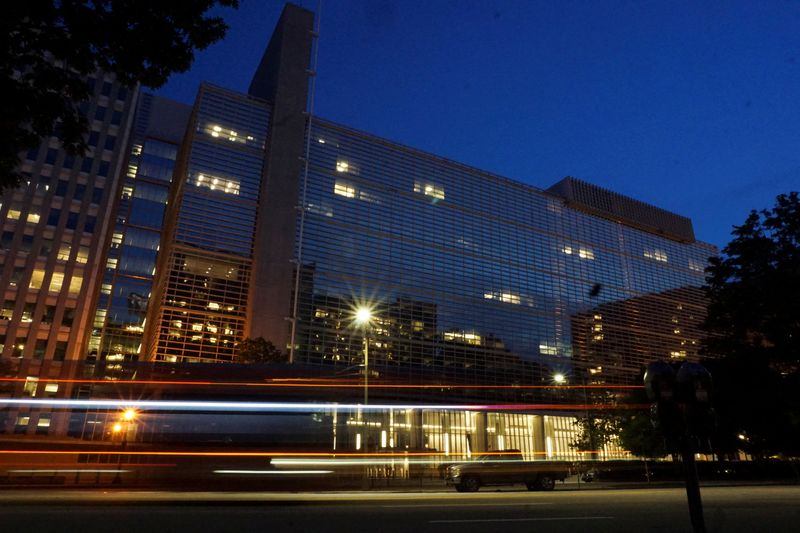By Tommy Wilkes and Simon Jessop
LONDON (Reuters) - Emerging markets will need $1.5 trillion in investment before 2035 to make new and existing buildings environmentally friendly and avoid a jump in climate-damaging emissions, a top economist at the World Bank's private finance arm told Reuters.
Of that $1.5 trillion, China accounts for $1.33 trillion, reflecting its size and urbanisation, and Latin America and the Caribbean, Asia, Europe and Africa most of the rest, the International Finance Corporation said in a new report.
The funds would be used for investments in electrification of older inefficient buildings with cleaner energy, and the construction of energy-efficient new buildings, with low- emission material.
The construction industry globally generates about two-fifths of all carbon emissions and that number is rising amid a building boom, making it central to efforts to curb carbon emissions and limit global warming to 1.5 degrees Celsius.
Speaking ahead of the release of the IFC's report on Wednesday suggesting ways to accelerate efforts, Susan Lund, Vice President for Economics and Private Sector Development, said there were "low-hanging fruit" technologies to cut emissions.
Adopting them could reduce construction-related emissions 13% from current levels, or 23% below where they would otherwise be, IFC said the report.
More than half the reductions would come from emerging markets, through solutions such as powering buildings using cleaner energy, making them more energy-efficient and using low-emission materials in their construction.
While many technologies exist to slash construction-related emissions, Lund said weak policy incentives, limited finance and poor information about energy efficiency have prevented broader adoption in developing countries.
"They are in the midst of a massive construction boom that is only going to get bigger in the next 10 to 15 years," Lund told Reuters.
"Here is an opportunity to do things differently," she said, noting that it was better to build greener buildings today than retrofit later, as happens in richer countries.
Limited information about the efficiency of buildings is a major problem, she said, pointing to 110 countries without energy efficiency building codes.

Unlike other hard-to-abate activities, however, building more responsibly was "achievable" and required "very negligible" costs to GDP, Lund added, although decarbonising construction value chains fully would be much tougher.
IFC has invested $10 billion into construction projects in the developing world that meet its energy efficiency criteria, while leveraging another $60 billion from investors including development finance institutions and project developers, Lund said.